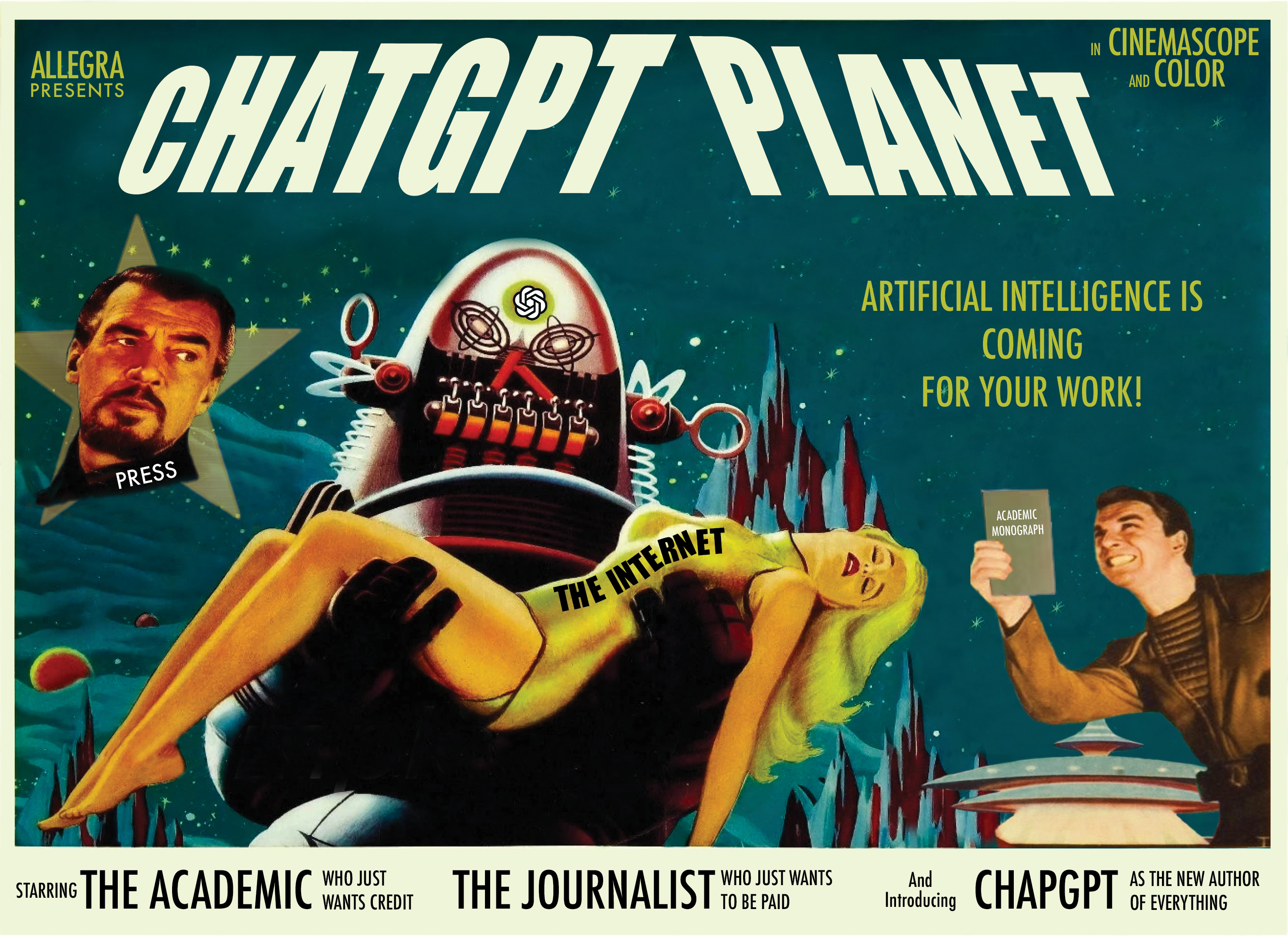Are those developments, usually condemned as corrupting us as scholars and leading to the death of pure research, introducing some kind of innovation vis-à-vis established academic work?
For the past year, I have been employed by the International Committee of the Red Cross (ICRC) in Geneva to study the diplomatic culture of this 150-year-old humanitarian organization. A political and legal anthropologist, with a keen interest in humanitarianism, human rights and global governance, the ICRC represents for me an ideal object of study. Indeed, the ICRC is one of the largest humanitarian actors in the world, with a distinct history and an international status embedded in the Geneva Conventions. Yet, the ICRC has never been studied from an anthropological perspective. Apart from a few historical studies (Moorehead 1999; Palmieri 2012) and socio-political analyses (Ignatieff 1998; Forsythe 2005; Forsythe et Rieffer-Flanagan 2016; Bradley 2016), the organization has largely remained untouched by critical inquiry. In line with the Swiss diplomatic tradition of neutrality, which privileges bilateral negotiations over public denunciation, the organization has been particularly skilful in maintaining a culture of confidentiality which sometimes brushes against secrecy. If this environment is not naturally conducive to research, it simultaneously encourages creative methodological thinking.
Overall, the research is meant to respond to the guidelines of the 2015 – 2018 Institutional Strategy privileging the sharing of evidence-based practices, and to the willingness of the Presidency to foster the creation of a “community of practice” on humanitarian negotiation with the view of opening a critical space for sharing experiences and strengthening knowledge on ICRC negotiation practices. If successful, the presidency believes that this project would further offer an opportunity to position the ICRC as an actor with authoritative expertise in humanitarian diplomacy. As one of the most prominent and oldest humanitarian actors in the world, the ICRC is indeed ideally placed to influence the various actors involved in humanitarian politics. However, for its contribution to be considered authoritative in an increasingly competitive field, it has to be informed by empirically based scientific research. In short: by professionalizing practices which have up to now largely remained undocumented, ad hoc and informal, the Presidency seeks to enhance the organization’s expertise and to increase its relevance in the humanitarian sector.
While I am the guardian of the ‘critical space’ that the Presidency wants to open internally, I am simultaneously accountable to the organization that pays my salary. The question that emerges then is: How can one produce scientific knowledge when one is simultaneously tied by governance imperatives beyond one’s own control? The ‘evidence based’ policy on which the Presidency wants to anchor its reforms arrives at a moment when many departments and divisions are facing major reforms in the name of efficiency and decentralization. These reforms have triggered deep anxieties among certain segments of staff that are unsure about their professional future and feel that the organization is loosing its ‘soul and identity’. Since the research is a project of the Presidency, my informants have valid reasons to be doubtful toward its ultimate objectives.
However, I see in this research a fabulous opportunity to bring together contrasted perspectives on what the organization does best, what it could do better and where it could direct itself at a moment of ‘crisis’, a bit in the same spirit as Stephen Hopgood’s research at Amnesty International’s secretariat in London. These questions are mostly relevant for the expert, even though the internal frictions they trigger carry important ethnographic meaning.
Hopgood conducted research at Amnesty shortly after a historic decision was made by representative members at the International Council Meeting in Dakar in August 2001, where it was decided to abandon the old ‘mandate’ in favor of a strategic planning process that would focus AI’s work on long-term thematic campaigning issues rather than country-specific, prisoner-oriented research. The central thread of Hopgood’s book is a characterization of the two main factions within the movement that have been contending with each other over the mission (some might say the ‘soul’) of the organization. The first group whom Hopgood calls ‘keepers of the flame’ saw themselves as guardians of AI’s original ethos. They wanted to stay true to its original inspiration and continue their work on behalf of ‘prisoners of conscience’. The other faction (“the reformers”), wanted to make AI more relevant to contemporary human rights concerns and expand its mission to make AI a full spectrum human rights NGO. The internal controversies that Hopgood reveals in his book are in many ways similar to the ones currently cutting across the ICRC.
My position as an ICRC researcher and employee is nevertheless different from the one of the independent researcher that Hopgood embodied. However, it provides an opportunity to get an insider’s perspective on how these tensions unfold in the everyday work relationships of the organization, an opportunity that Hopgood might not have had as an outsider. Such meticulous observations, carried out at HQs and field level, can help me unpack the inner ‘mechanics’ of the organization, from its internal hierarchies to its foundational myths, values and ideology.
Does existential and professional uncertainty have epistemological potential?
Protecting the integrity of the research process is certainly a more challenging task when one’s work is embedded in the inner power dynamics of an organization. In the meantime, the current difficulty of securing a long-term position in Academia means that one is forced to navigate between the world of professional expertise and the world of critical knowledge production in order to secure an income. If professional insecurity is certainly a source of anxiety, I also believe that there is an urgent need to break the conventional barriers between practitioners and academics. Perhaps “maintaining a distance” is no longer a privilege that we deserve (and perhaps it is even ethically suspicious) as intellectuals when current global challenges call for more direct forms of engagement.
The distinction between ‘policy’ and ‘research’ is usually justified by the need to safeguard the independence of researchers. What is rarely discussed, however, is the responsibility of researchers when their findings are translated into dubious political projects.
I believe research is fundamentally political in the sense that it carries the potential of opening new possibilities for a different order of things. This is the role that we may need to reclaim if we are serious not only about contributing to the development of more progressive forms of politics but also about reasserting the relevance of our discipline in the contemporary world.
Because of fundamental transformations in current research funding patterns, the new generation of researchers is likely to navigate more systematically between temporary academic positions and expert assignments in organizations. This circulation might, at times, trigger schizophrenic sentiments since critical thinking often stands in tension with organizations’ internal mode of action. To push one’s ideas forward within an organization, one needs to know ‘how to navigate the system’, speak its language and mobilise its networks of influence. The expert has to work within the structural constraints of the institution, follow its procedures and present her view according to specific templates and predetermined formats. These bureaucratic practices tend to conceal certain issues while giving more prominence to others. At the same time, getting acquainted with the system’s intricacies provides an intimate knowledge of how certain principles of good governance (‘transparency’, ‘neutrality’, ‘equality’) are applied in practice. The main restriction I see in ethnographic multipositionality is the possibility of ‘going native’ and losing sight of the issues that matter ethnographically. Getting on and off an organization might be a productive way of maintaining the right critical distance, while preserving some room for testing strategies to activate change. Once in, the expert can use various tactics to push her agenda. Once out, the anthropologist can reflect on what worked and what did not work and why. Using auto-ethnographic reflexivity may lead to interesting epistemological discoveries.
Which are the restrictions and weaknesses of ethnographic multipositionality imposed by neoliberal research conditions?
The main difficulty of ethnographic multipositionality is to remain focused while having to constantly switch from one writing genre (report) to another (academic article). To some extent, the reports we write as experts can be considered as ethnographic artifacts or ‘artifacts of modern knowledge production’, to use Annelise Riles’ expression. Such artifacts can be conceived as objects of ethnographic research to be analysed critically once the expert returns to the position of the anthropologist.
The danger is to start writing like an expert when addressing an academic audience and to lose one’s critical edge.
Having to constantly watch oneself can be daunting at times but it nevertheless carries interesting epistemological potential.






